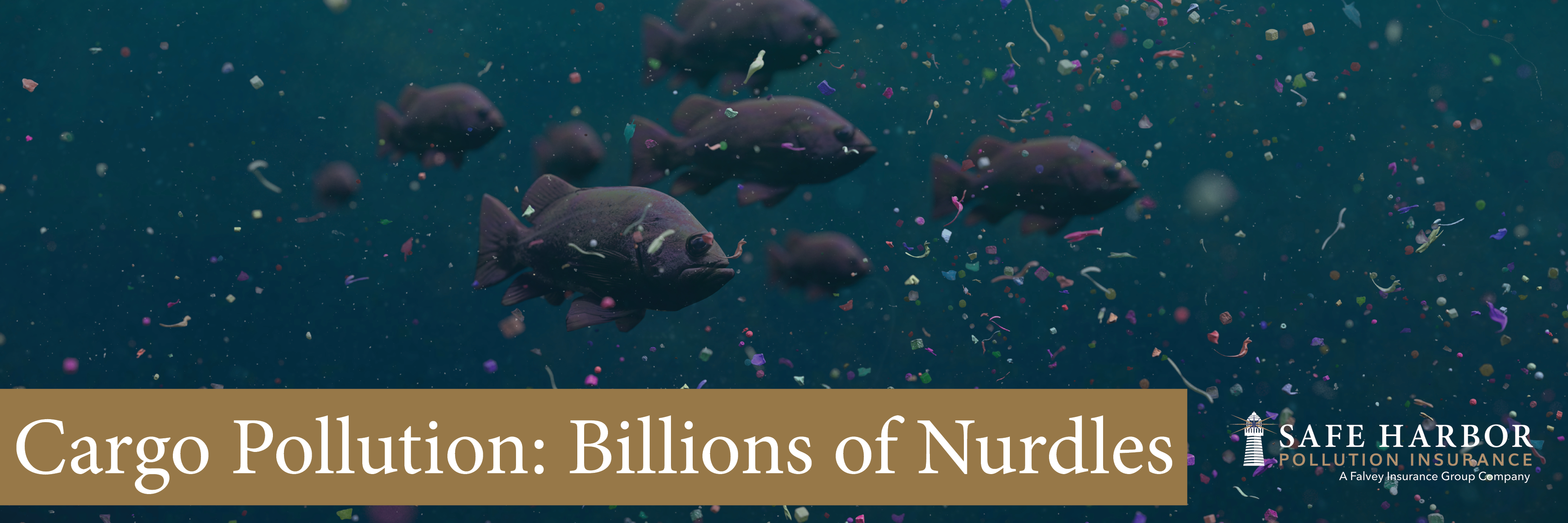Not all pollution comes in the form of smokey exhaust plumes and thick oil spills. In fact, what’s known as the “worst maritime disaster” involved spilled cargo containers of tiny plastic pellets called nurdles, which are used to make larger pieces of plastic.
In May 2021, the MV X-Press Pearl, a Singapore-flagged vessel carrying hazardous chemicals and microplastics caught fire nine miles off the coast of Sri Lanka. The incident resulted in roughly 1,680 tonnes—or 87 containers—of nurdles spilling into the surrounding waters, which the UN called the “single largest plastic spill” in history. These nurdles scattered into the sea, disturbing the local ecosystem and polluting the ocean for miles.
The Devastating Impact
Toxic chemicals from the ship, along with billions of burned, charred, and chemical-laden nurdles flooded the Indian Ocean. They immediately began contaminating the Sri Lankan shorelines, which prompted the authorities to ban fishing in a 50-mile radius.
The tiny pieces of toxic plastic not only polluted the beaches but also posed a serious risk to the local marine life. Fish began dying with the plastic beads still in their mouths and dead dolphins washed ashore with their bellies filled with microplastic. Even shorebirds were consuming the plastic, mistaking it for food.
What’s more, this unprecedented plastic pollution negatively impacted the local Sri Lankan economy, from the fishing community to the tourism industry. Locals continue to fear that fish are poisoned by chemicals and plastic, while news of the disaster discouraged tourists from visiting the otherwise pristine beaches of Sri Lanka.
Clean-up Efforts
Calling the clean-up efforts a challenge is a gross understatement, as thousands of volunteers worked to clear the shoreline of billions of the tiny beads. The Sri Lankan navy joined the clean-up operations, helping to remove the burned wreckage and debris. The Marine Environment Protection Authority (MEPA) also organized clean-up crews, which at one point filled more than 60,000 bags with nurdles. Meanwhile, volunteers on Sarakkuwa Beach used trommel machines to sift the plastic from the sand.
Despite their best efforts, these clean-up operations could only account for the nurdles on the surface—not those planted deep in the sand or the ones that had drifted out to sea. Unfortunately, this disaster will have long-impacting effects on the ecosystem, as nurdles are likely to continue washing ashore for years to come.
This incident highlights the devastating effects of cargo pollution and why it’s so important to have a broad insurance policy that includes spill coverage. Learn more about Safe Harbor, the largest spill management network in the industry.




